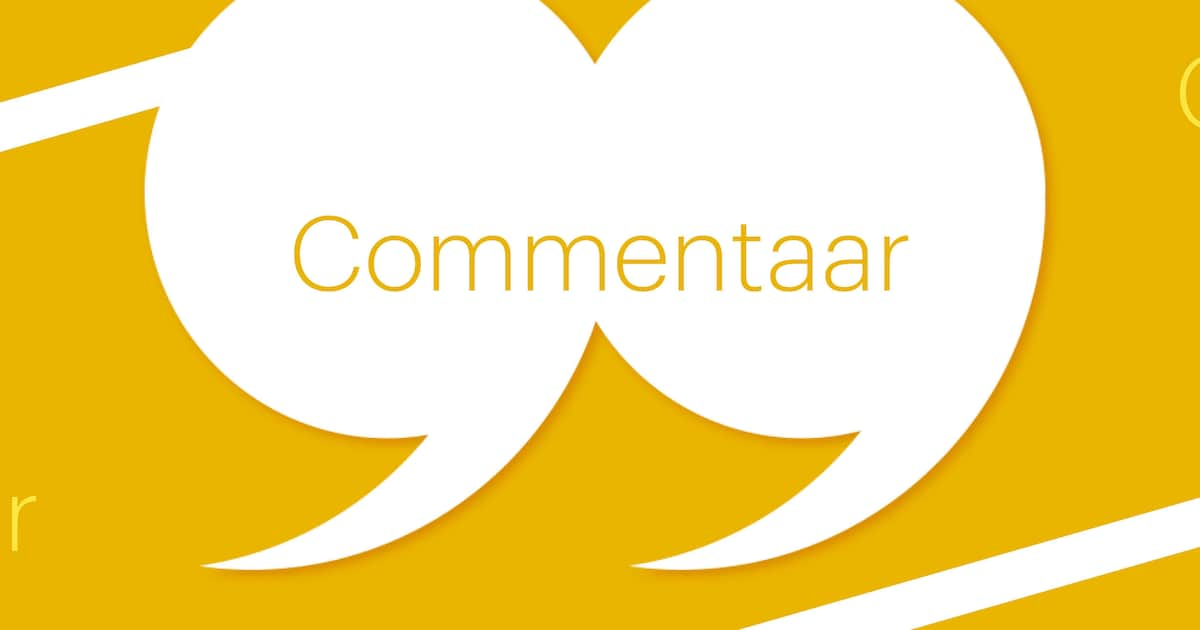
northFollowing an agreement with the US judicial system, Julian Assange, founder of the whistleblowing site Wikileaks, will regain his freedom of movement. Since 2012 he has been a refugee in the Ecuadorian embassy in London, and since 2019 he has been in preventive detention in a British prison. In 2010, Wikileaks made public more than 250,000 US diplomatic cables; The country has since sought his prosecution.
It’s good that this file is finally closed. Whatever one thinks of Assange’s actions, the issue has dragged on for too long, said Australian Prime Minister Albanese, who has campaigned for the deal through quiet diplomacy.
Some human rights organisations have criticised the fact that Assange had to plead guilty as part of the deal. They fear this precedent would weaken the media’s position vis-à-vis governments.
It is a justified fear, but one that requires caveats. The publication of the hundreds of thousands of diplomatic messages was not a journalistic publication. It involved the unfiltered transmission of confidential messages, without weighing on a case-by-case basis whether the importance of public access outweighed the danger that some sources could be leaked through the publication. Nor was the importance of public access carefully weighed against the fundamental importance of diplomats being able to communicate with each other without everyone watching. Some disputes can only be resolved confidentially.
Radical openness
Assange appears to be driven less by a desire to expose wrongdoing in specific cases than by an ideological commitment to radical openness, a denial of the fact that governments should be allowed to do anything in secret. He was not a journalist, but a disruptor.
In short, the criticism could also be reversed: that this unfiltered and partly irresponsible disclosure of information has caused additional distrust between governments and that the free collection of information has suffered as a result.
But that would also be going too far and not placing the responsibility in the right place. Much of what governments do in secret is not justified by public interest at all, but rather by an unjustified desire to protect themselves from public debate about the methods used.
Benefit fraud was finally exposed by journalism, but the existence of disruptors like Assange is also necessary to keep governments on their toes. That’s also why it’s good that this file can finally be closed.
The commentary is the opinion of Trouw, as expressed by members of the editorial team and senior editors.





